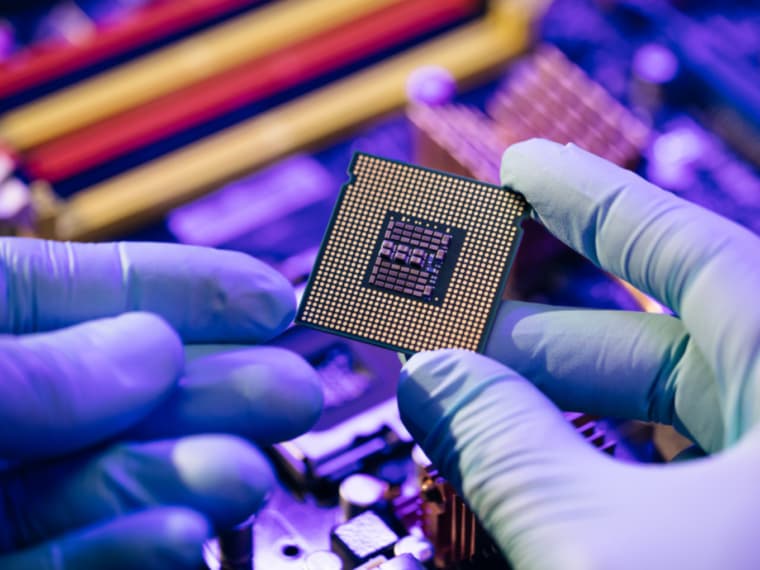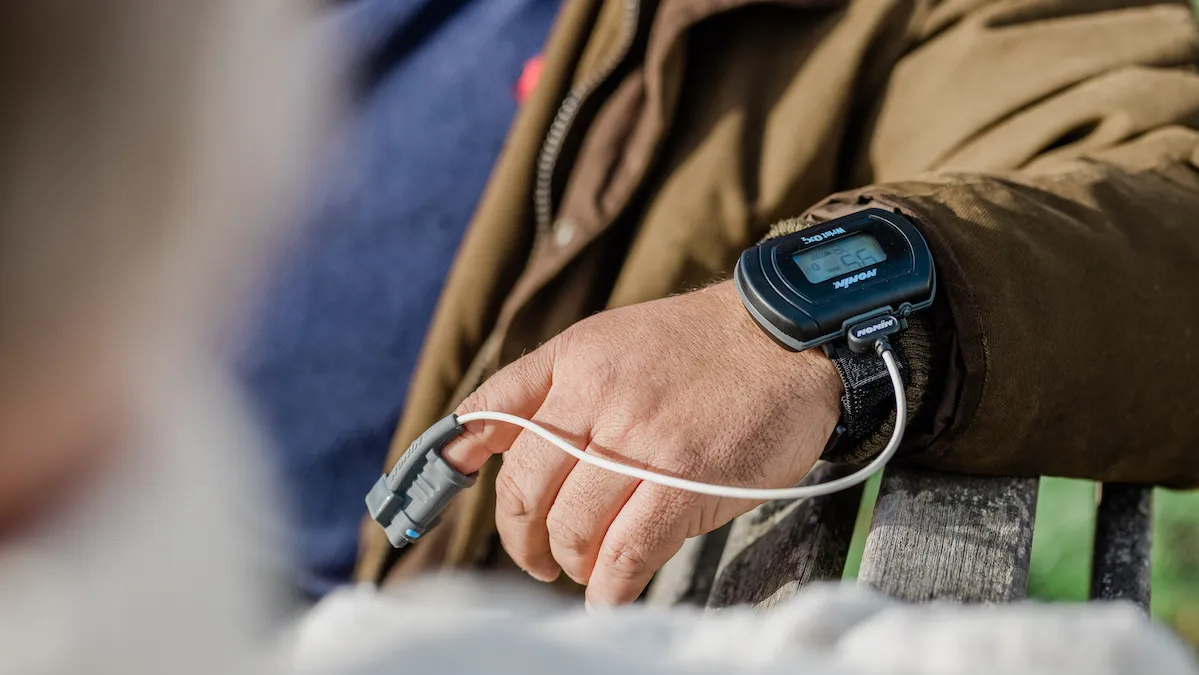Even though India is home to 20% of the world’s chip designers, it does not have a substantial presence in the global semiconductor market
However, in recent months, the Indian government has initiated investments to establish the country as a semiconductor leader. This move is in response to the “China-plus-one” strategy that companies worldwide have adopted, which involves finding alternatives to China.
BigEndian Semiconductors intends to capitalize on this transition by developing camera surveillance processors.
The Bengaluru-based fabless design startup, established in May, is managed by CEO Sunil Kumar, a former executive at ARM, Broadcom, and Intel. The rest of the founding team has experience working with chipmakers such as Cypress Semiconductors and Broadcom.
Kumar disclosed to TechCrunch that the founding members of BigEndian had been acquainted for twenty-five years. Nevertheless, he stated that they decided to create the startup in response to the Indian government’s incentives, the demand from consumers seeking alternatives to China, and the substantial domestic consumption of approximately 50 million cameras, valued at approximately $4–$5 billion annually.
“If we fail to act, this generation will perish and disappear,” Kumar stated in an interview that no one else possesses the necessary experience to complete the cycle.

To stimulate the growth of semiconductor and display manufacturing enterprises in India, a $9 billion budget has been allocated. The Modi government has authorized four semiconductor facilities in the country to manufacture chips for various applications, including automotive, consumer electronics, EVs, industrial, and telecommunications. According to government projections, these four units will generate approximately 70 million chips daily and require an investment of approximately $17.9 billion.
BigEndian, a four-month-old company, is initially developing surveillance chips in collaboration with Taiwanese semiconductor company UMC. Based on a 28nm node process, its reference chip is expected to be released in the first quarter of 2025. The startup also intends to expand its presence and examine the broader IoT market, primarily dominated by 16- and 32-bit microcontrollers.
Unlike a conventional fabless semiconductor company, BigEndian is developing its platform-as-a-service model to assist governments in circumventing Chinese middleware access, a prevalent phenomenon in current surveillance solutions.
This model will provide software solutions to assist manufacturers and consumers in customizing the functionality of their surveillance cameras. The startup can increase its revenue by providing these customizations as subscription-based add-ons.
Kumar stated that India utilizes approximately one billion of these chipsets annually. “However, these chipsets cost between 50 cents and $1.” Many 32-bit controllers are currently utilized in automobiles in the emerging automotive sector. However, we cannot explore all of these segments on the first day due to the difficulty of obtaining funding in India.
In an all-equity seed round led by Vertex Ventures SEA and India, BigEndian has raised $3 million to commence operations. Kumar argued that the Indian government’s incentives to the semiconductor industry provide BigEndian, which employs approximately 16 individuals, with tailwinds and make it “almost like raising $5 million,” even though the seed funding is insufficient for a fabless semiconductor startup to fulfill bulk orders.
“It is exceedingly unlikely that you will be able to raise funds at this juncture, as this nation has not achieved significant success in the semiconductor industry.” If I were in the United States, we could raise approximately 12 to 15 million. However, this is not feasible in this location. Consequently, you must operate within your limitations, which are the obstacles. He also stated that this is likely an entry barrier for us and our competitors.
Strategic investors, such as Amitabh Nagpal, the director of startup business development at Amazon Web Services, also participated in the round. This will enable the venture to secure larger checks in subsequent rounds.
Additionally, BigEndian intends to expand its surveillance processor offerings beyond India to supply power to various mid-range to entry-level cameras.
Kumar stated, “Our goal is to establish our company as your source of income and demonstrate to the market that a silicon company from India can ascend the food chain rather than descend from the top.”



